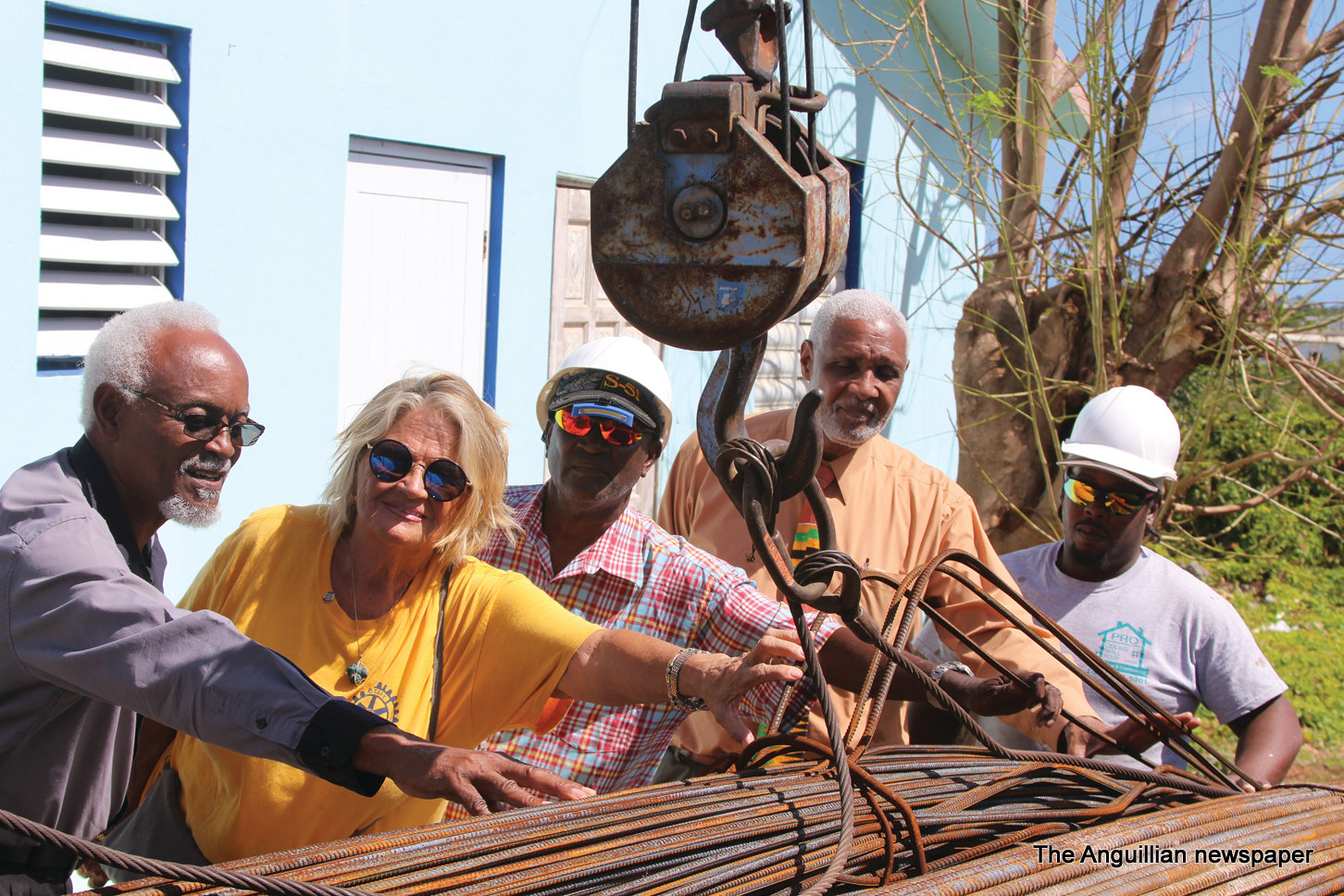“What do want? We want employment. What do we want? We want employment.”
I am going to focus this week on employment. Anguilla desperately needs to get people back to work after the disruption caused by Hurricane Irma, but it needs to do so under a regime where the employer / employee relationship is fair and rewarding for both sides. The existing Fair Labour Standards Act leaves much to be desired in this respect.
As I write this article at the beginning of the week, a new draft Labour Code Bill is due to be introduced in the House of Assembly on Tuesday and is likely to have had its first reading by the time this article goes to press. The first reading of the Bill will not lead to debate on the issues but the second and third readings, which are likely to occur at the next session of the Assembly, will provide an opportunity to debate provisions about which there may be differing views. One thing is certain: it is far from perfect.
Part 1 of the draft Bill is entitled “Interpretation”. It defines “sexual harassment” as “unwanted or inappropriate conduct of a sexual nature in the workplace or in connection with the performance of work which is threatened or imposed as a condition of employment on the employee or which creates a hostile working environment for the employee”. This topic is one of the hottest news topics in the western world and has caused the fall from grace of movie moguls, businessmen and politicians on both sides of the Atlantic and most recently the US gymnastics team doctor. The draft Bill requires careful examination to ensure that it has taken into account all the issues, some of which have only emerged since the draft Bill was prepared.
As has been publicly pointed out already, the draft Bill poses a threat to the viability of some of the very businesses whose employees it seeks to protect. Section 10 confers powers on Inspectors which in my view are far too wide and are almost certainly in breach of section 8 of the Anguilla Constitution. In particular an inspector shall have the power to enter freely without previous notice at any hour of the day or night during the working hours of the business or any workplace liable to inspection and to interview alone or in the presence of witnesses the employer or any person at a workplace. These provisions require amendment to ensure, inter alia, that both the employer and the employee(s) are entitled to have a witness present at all times during any interview.
On the other side of the coin, section 22 provides that a strike shall not take place in an essential service. Is this fair for the employees of essential services without some qualification?
But while one can only welcome, from the standpoint of employees, the minimum wage, severance pay and pension provisions of the Bill, they will be self-defeating if they are unsustainable by businesses, thereby destroying employment opportunities. A better balance is required.
We must also not forget independent contractors, who are not afforded any rights, either under the Bill or under the current Act.
There are numerous anomalies in the Bill. Why, for example, is adoption leave for an employee after the adoption of a child limited to the adoption of children aged less than three? This discrimination seems irrational. The provisions for unfair dismissal list many factors such as race, colour, sex, religion, political opinion or affiliation, on the basis of which an employee cannot be dismissed. A glaring omission from this list is mental health.
Constructive dismissal is a hot potato if ever there was one. Section 87 provides that “An employee is entitled to terminate his employment contract without notice or with less notice, where the employer’s conduct has made it unreasonable to expect the employee to continue the employment contract”. This test is wide open to abuse; it needs to be that an employer has violated a substantial term of the employee’s employment contract, which the employee has not accepted and, following the breach, the employee felt compelled to resign as a consequence, not merely that the employer’s conduct has made it “unreasonable” to expect the employee to continue.
The fact that the Minister of Labour continues to be involved in the mediation process between the employer and the employee is unacceptable. Her main function is to ensure harmonious relations between employers and employees, which is in juxtaposition to her being in the centre of a potentially acrimonious dispute.
In conclusion, while the new draft Labour Code Bill is in some respects a step in the right direction for the employees of Anguilla, it does require significant further amendments in order to make it a fairer and commercially more viable Bill for both employer and employee. I encourage anyone with constructive suggestions to come forward. Getting this Bill right is vital to Anguilla’s economy and future.








